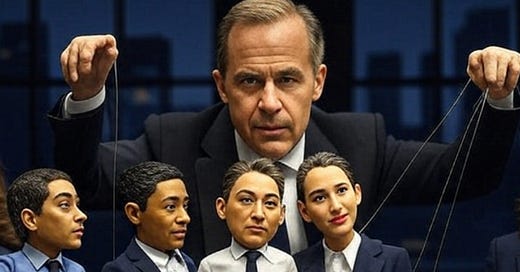We have entered an era in which Canadians must choose between media with or without strings attached
Plus! Broadbent Institute scores Google cash for its media arm; list of loot recipients suspiciously delayed and now you can fundraise for Gilmore
Keep reading with a 7-day free trial
Subscribe to The Rewrite to keep reading this post and get 7 days of free access to the full post archives.




